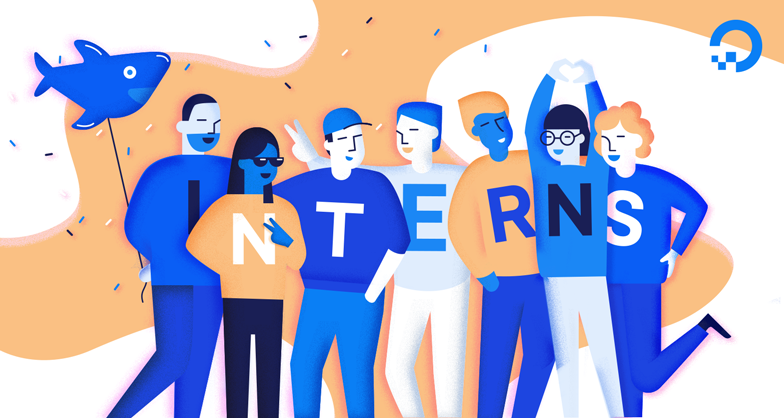By: Michael Tamsuriyamit ‘23
For many people, the first job they land isn’t necessarily the job they will have for the rest of their lives. In fact, their first may be one of many throughout their professional career.
Over time, people gain valuable work experiences and skills from their job, which can start to unlock greater opportunities for them. It is very common, then, for people to get accepted to a new job while they’re currently employed somewhere else.
The big question then becomes: how do I tell my employer I’m quitting?
Below are some helpful tips on how to professionally quit a job with a two weeks’ notice.
What is a two weeks’ notice?

The phrase “two weeks’ notice” refers to when an employee notifies their boss at least two weeks in advance that they will be resigning from their job.
Rather than leaving unannounced, the two weeks’ notice is a way to show courtesy to your boss – and your colleagues – that you are going to be leaving in the near future. It sets into motion a window of time in which you finish up any work and start to move your stuff out.
Why should I submit a two weeks’ notice?

There are many reasons why you may want to put in your two weeks’ notice. Some reasons include:
- It is arguably considered the most professional and respectful way to quit your current job
- The two weeks’ notice officializes that you are going to be leaving your job, thereby giving you a period of time to transition out of your job
- It gives your employer enough time to find your replacement or reassign your roles/tasks to another employee at your workplace
NOTE: Some employers are allowed to end your work contract immediately after you’ve given a two weeks’ notice. If you are an at-will employee, your employer has the right to terminate your employment right away, rather than giving you two weeks to transition out.
If you’ve realized you’re employed at will, check out the following article from The Balance Careers for advice on what to do: Can a Company Fire You After You Give Notice?
How should I put in my two weeks’ notice?

Quitting a job may often be bittersweet for both you and your employer, especially if you’ve been such a phenomenal employee.
Under normal circumstances, it’s always best for you to have an in-person conversation with your boss when you are about to resign from your job – you wouldn’t want someone else telling them about your plans to quit.
Sometimes, however, you aren’t able to meet your boss face-to-face, and so the next best option is for you to submit your two weeks’ notice as a letter or email. Even if you tell your boss in-person about your two weeks’ notice, it is always good practice to follow up and have a written record of your two weeks’ notice as well.
Check out the following article from The Balance Careers on how to craft a successful two weeks’ notice letter and/or email: Two Weeks’ Notice Resignation Letter Samples
What Should I Say/Include in a Two Weeks’ Notice?

Whether you give your two weeks’ notice through an in-person conversation or by writing, there are certain pieces of information you don’t want to leave out. When putting in your two weeks’ notice, be sure to:
- Identify yourself and the department you work in
- State that you are giving your two weeks’ notice and when your final day at work will be
- Describe your transition plan for the next two weeks (i.e. what work you will be finishing up, what projects will need to be taken up by your coworkers, etc.)
- Thank your boss for the time you spent working at your company/organization, maybe even highlighting an unforgettable experience/memory you’re walking away with
I Put in My Two Weeks’ Notice… Now What?

If you’ve already put in your two weeks’ notice, it’s time to start preparing to leave your job. Before you go, consider doing the following:
- Complete any ongoing assignments/tasks you’re still responsible for
- If applicable, offload any personal files/information from your work computer into a personal, external hard drive
- Say your farewells to your colleagues, while also asking them for their contact information as well as connecting with them on professional networking platforms (e.g. LinkedIn)
- Enjoy your final days/weeks at your soon-to-be former workplace
For more information about how to craft your two weeks’ notice, check out the following links:
Vault: Is It Time to Quit Your Job?
The Muse: Everything You Need to Know About Putting in Two Weeks’ Notice
The Balance Careers: What is Two Weeks’ Notice?
Indeed: How to Give Two Weeks’ Notice (With Examples)
The Wall Street Journal: How to Give Two Weeks’ Notice Without Burning Bridges
—
Interested in writing a blog for the Career Development blog? It’s open to Macaulay students and alums. If you would like to contribute or have any questions, feel free to email gianina.chrisman@mhc.cuny.edu.





